Dogs are known for their playful and energetic nature. They are also known for their peculiar behavior of panting, which can be concerning for pet owners. Panting is a common behavior in dogs, and it serves several purposes. Understanding why dogs pant is crucial in ensuring their well-being and managing any health concerns. So, "Why Do Dogs Pant?" Let's explore the reasons behind this natural canine behavior and its significance for our furry companions' health and happiness.
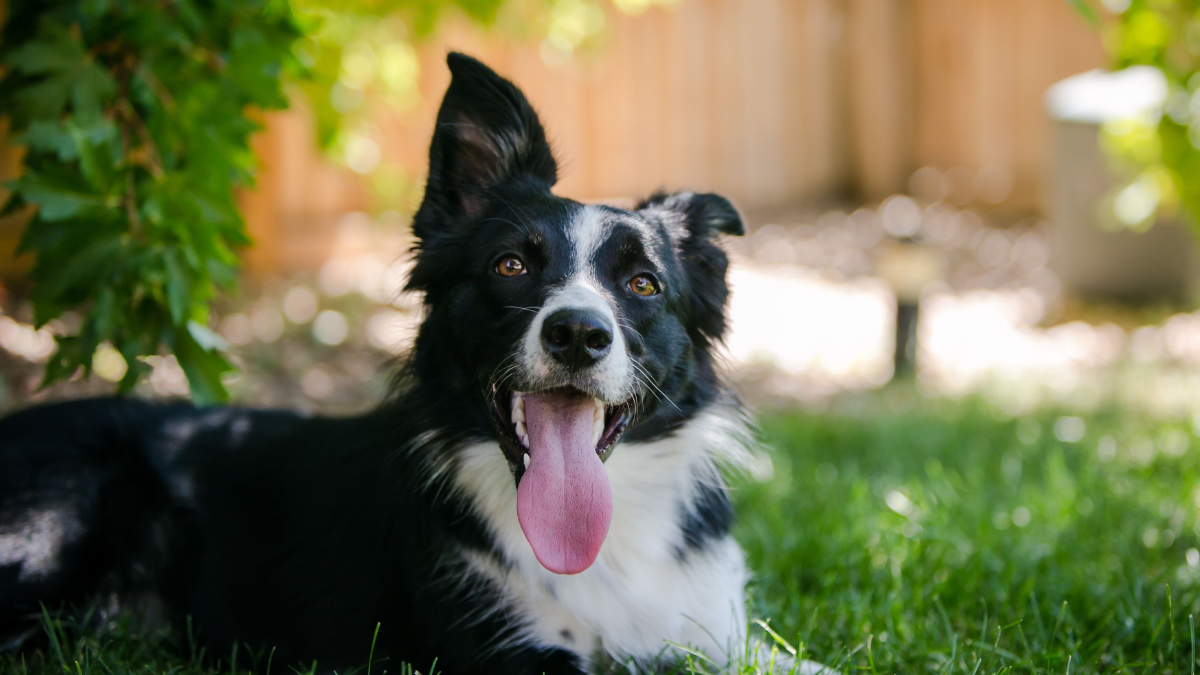
Panting is a natural process that helps dogs regulate their body temperature. Unlike humans, dogs do not have sweat glands all over their bodies, and panting helps them cool down. Additionally, panting can be a sign of excitement or stress. Dogs may pant when they are playing, anxious, or fearful. It is essential to understand the different reasons why dogs pant to identify whether it is a natural or concerning behavior.
Key Takeaways
- Panting is a natural behavior that helps dogs regulate their body temperature.
- Dogs may pant when they are excited, anxious, or fearful.
- Understanding the different reasons why dogs pant is crucial in identifying any health concerns.
Basics of Canine Panting
Dogs pant as a way to regulate their body temperature. Panting is a natural physiological process that involves rapid and shallow breathing. When a dog pants, it breathes in air through its mouth and exhales it out through its nose. This process helps to evaporate moisture from the dog's tongue and respiratory tract, which cools down the body.
There are two types of panting: normal and abnormal. Normal panting occurs when a dog is hot, excited, or stressed. Abnormal panting, on the other hand, is excessive and can be a sign of an underlying health problem.
Here are some basic facts about canine panting:
- Dogs have sweat glands on their paws, but they are not very effective at cooling down the body. Panting is a more efficient way for dogs to regulate their body temperature.
- Panting can be a sign of pain or discomfort. If a dog is panting excessively and is not hot or stressed, it may be experiencing some kind of discomfort or pain.
- Some dog breeds are more prone to panting than others. For example, brachycephalic breeds, such as Bulldogs and Pugs, have shorter snouts and may have difficulty breathing, which can lead to excessive panting.
- Panting can also be a sign of anxiety or fear. If a dog is panting excessively and is not hot or stressed, it may be anxious or fearful.

In conclusion, panting is a natural way for dogs to regulate their body temperature. However, excessive panting can be a sign of an underlying health problem or discomfort. Dog owners need to monitor their dog's panting behavior and seek veterinary attention if they notice any abnormal panting patterns.
Physiological Reasons for Panting
Temperature Regulation
Dogs do not sweat like humans do, so panting is their way of regulating their body temperature. When a dog pants, it allows the moisture on their tongue and in their respiratory tract to evaporate, which cools them down. This is especially important in hot weather or during exercise, as dogs can quickly overheat and suffer from heatstroke.
Stress and Anxiety
Panting can also be a sign of stress and anxiety in dogs. When a dog is feeling anxious or stressed, their heart rate increases, and they may begin to pant. This is because panting helps to increase oxygen flow to the body and can help the dog calm down. If your dog is panting excessively and there is no obvious reason for it, such as hot weather or exercise, it may be a sign that they are feeling stressed or anxious.
Pain Response
Panting can also be a sign that a dog is in pain. When a dog is in pain, their body releases adrenaline and other stress hormones, which can cause them to pant. This is because panting helps to increase oxygen flow to the body and can help the dog cope with the pain. If your dog is panting excessively and you suspect they may be in pain, it is important to take them to a veterinarian for an evaluation.
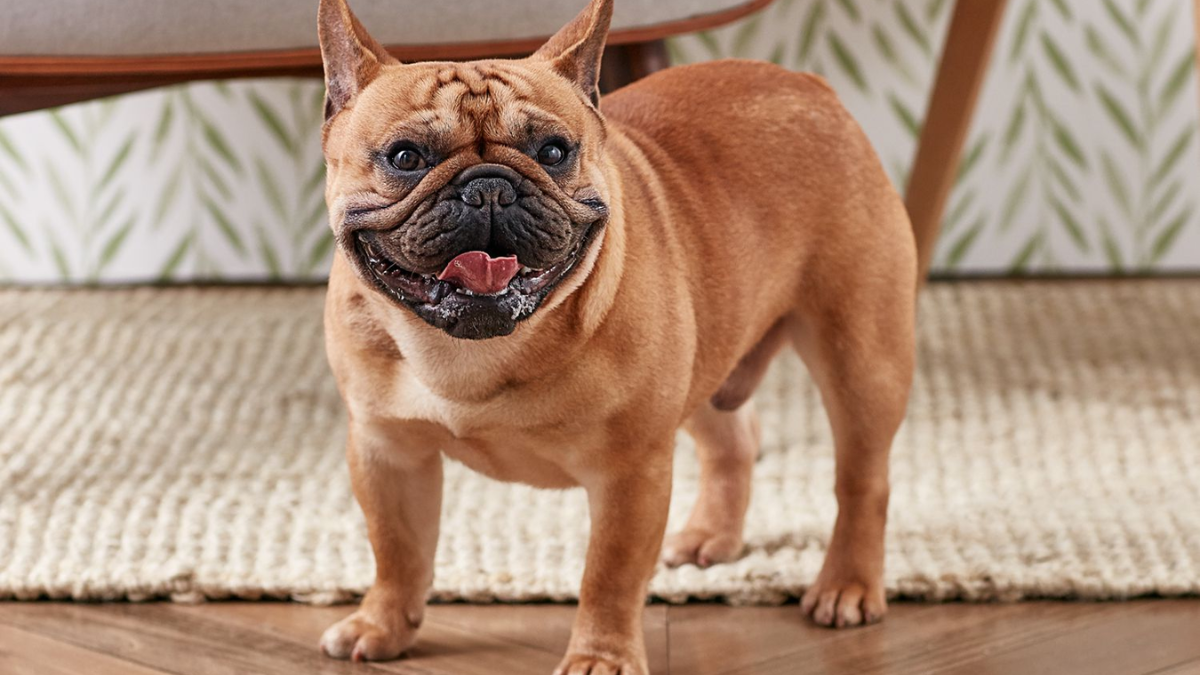
In summary, dogs pant for a variety of physiological reasons, including temperature regulation, stress and anxiety, and pain response. Understanding why your dog is panting can help you ensure their health and well-being.
Panting in Different Situations
After Exercise
Dogs pant heavily after exercise because they need to cool down their body temperature. When a dog exercises, their muscles produce heat, and panting helps to evaporate moisture from their tongue and lungs, which cools down their body.
In Hot Weather
Dogs pant heavily in hot weather because they don't have sweat glands like humans. Panting helps to evaporate moisture from their tongue and lungs, which cools down their body. Dogs with thick fur or brachycephalic breeds (short-nosed dogs) are more prone to overheating in hot weather.
During Relaxation
Dogs may also pant during relaxation, which is normal. Panting can be a way for dogs to release stress or excitement. However, excessive panting during relaxation can be a sign of an underlying medical condition, such as pain, anxiety, or respiratory problems.
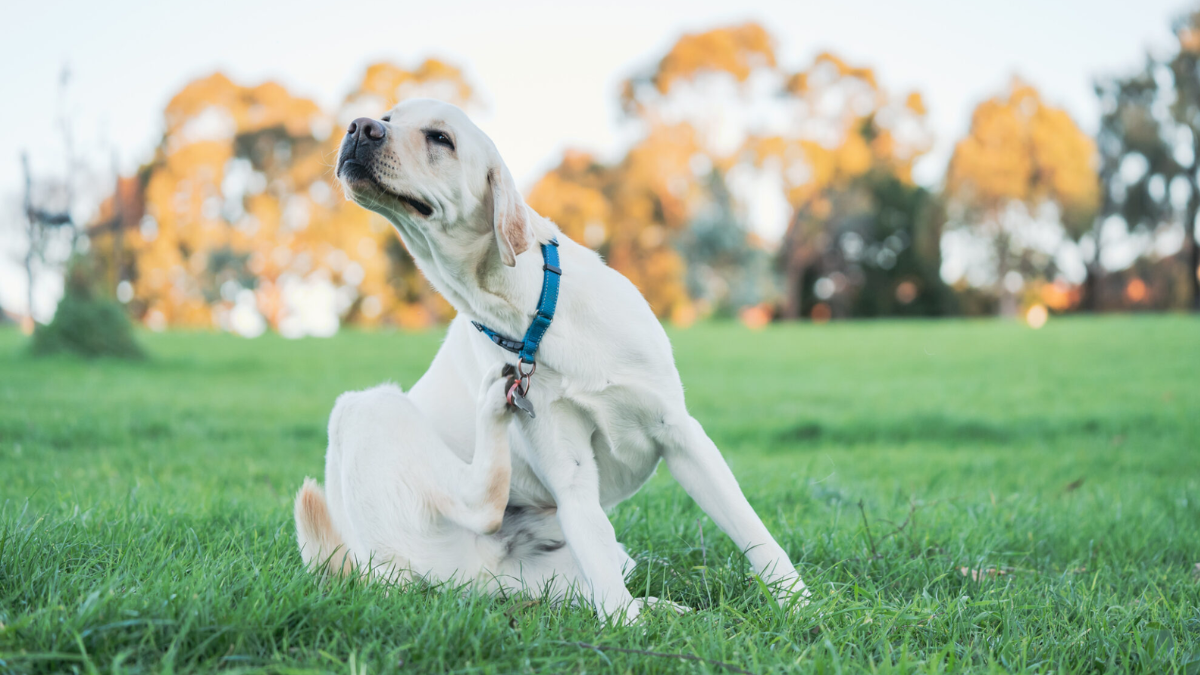
Overall, panting is a natural and necessary behavior for dogs. Understanding why dogs pant in different situations can help pet owners provide appropriate care and prevent health problems.
Health-Related Causes of Panting
Respiratory Disorders
Respiratory disorders are one of the most common reasons why dogs pant excessively. Dogs with respiratory problems may pant to increase their breathing rate, which helps them to get more oxygen into their lungs. Some of the respiratory disorders that can cause panting in dogs include:
- Asthma
- Bronchitis
- Pneumonia
- Lung cancer
If your dog is panting excessively and also shows signs of difficulty breathing, such as wheezing or coughing, it is important to seek veterinary care as soon as possible.
Heart Conditions
Heart conditions can also cause panting in dogs. When the heart is not functioning properly, it can lead to a buildup of fluid in the lungs, which can make it difficult for your dog to breathe. Some of the heart conditions that can cause panting in dogs include:
- Congestive heart failure
- Heartworm disease
- Arrhythmia
If you notice that your dog is panting excessively and also seems to be lethargic or has a decreased appetite, it is important to seek veterinary care immediately.
Other Medical Issues
Several other medical issues can cause panting in dogs. These can include:
- Pain
- Fever
- Anemia
- Cushing's disease
- Hypothyroidism
If your dog is panting excessively and also seems to be in pain or discomfort, it is important to seek veterinary care as soon as possible. Your veterinarian can perform a thorough physical examination and run diagnostic tests to determine the underlying cause of your dog's panting.
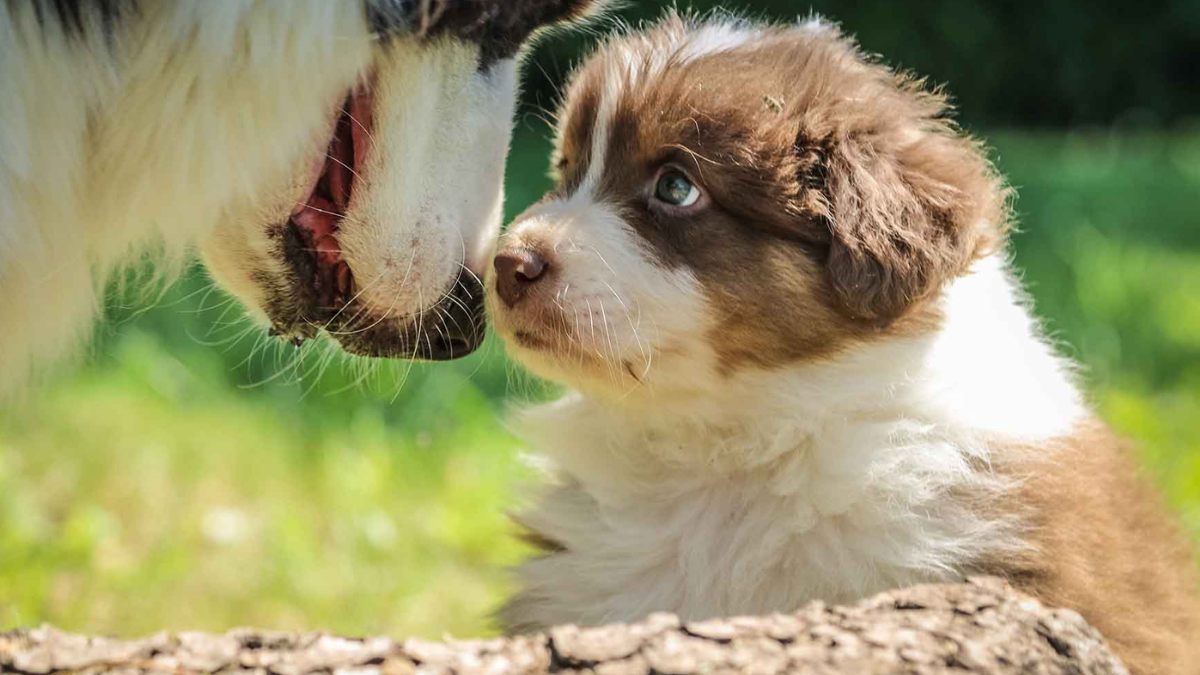
Breed-Specific Panting Considerations
Brachycephalic Breeds
Brachycephalic breeds, such as bulldogs, pugs, and boxers, have a unique anatomy that can affect their ability to breathe and regulate body temperature. These dogs have short, wide skulls and compressed airways, which can make it difficult for them to pant effectively. As a result, brachycephalic breeds may pant more frequently and with greater intensity than other breeds.
Owners of brachycephalic breeds should be aware of the potential for respiratory distress and overheating. It is important to provide these dogs with plenty of water and a cool, well-ventilated environment. Exercise should be limited and monitored closely, especially during hot weather.
Working and Active Breeds
Working and active breeds, such as border collies, huskies, and retrievers, may pant more frequently than other breeds due to their high energy levels and exercise requirements. These dogs are often used for activities such as hunting, herding, and agility training, which require a significant amount of physical exertion.
Owners of working and active breeds should be aware of the potential for dehydration and overheating. It is important to provide these dogs with plenty of water and opportunities to rest and cool down during exercise. In addition, these breeds may benefit from specialized diets and supplements to support their high energy levels and active lifestyles.
Overall, understanding breed-specific panting considerations can help owners provide their dogs with the care and attention they need to stay healthy and happy.

Monitoring and Managing Panting
Panting is a natural behavior for dogs, but excessive panting can be a sign of an underlying health issue. Pet owners need to monitor their dog's panting and take appropriate action if necessary.
One way to monitor panting is to keep track of the frequency and duration of panting episodes. If a dog is panting excessively, it may be a sign of stress, anxiety, or an underlying health issue. Pet owners should also pay attention to the quality of their dog's panting. If the panting is labored or accompanied by other symptoms such as lethargy or loss of appetite, it may be a sign of a more serious health issue.
Managing panting can involve several strategies. If a dog is panting due to anxiety or stress, pet owners can try to identify and eliminate the source of the stress. This may involve providing a calm and quiet environment, increasing exercise and mental stimulation, or seeking the help of a professional trainer or behaviorist.
In some cases, panting may be a sign of an underlying medical condition. If a dog is panting excessively or exhibiting other symptoms such as coughing, vomiting, or diarrhea, it is important to seek veterinary care. The veterinarian may perform diagnostic tests such as blood work or imaging to determine the underlying cause of the panting and develop an appropriate treatment plan.
Overall, monitoring and managing panting in dogs is an important part of pet ownership. By staying aware of changes in a dog's panting behavior and taking appropriate action when necessary, pet owners can help ensure their dog's health and well-being.
When to Consult a Veterinarian
If a dog's panting is excessive and doesn't seem to have an obvious cause, it's important to consult a veterinarian. Here are some situations when a veterinarian should be consulted:
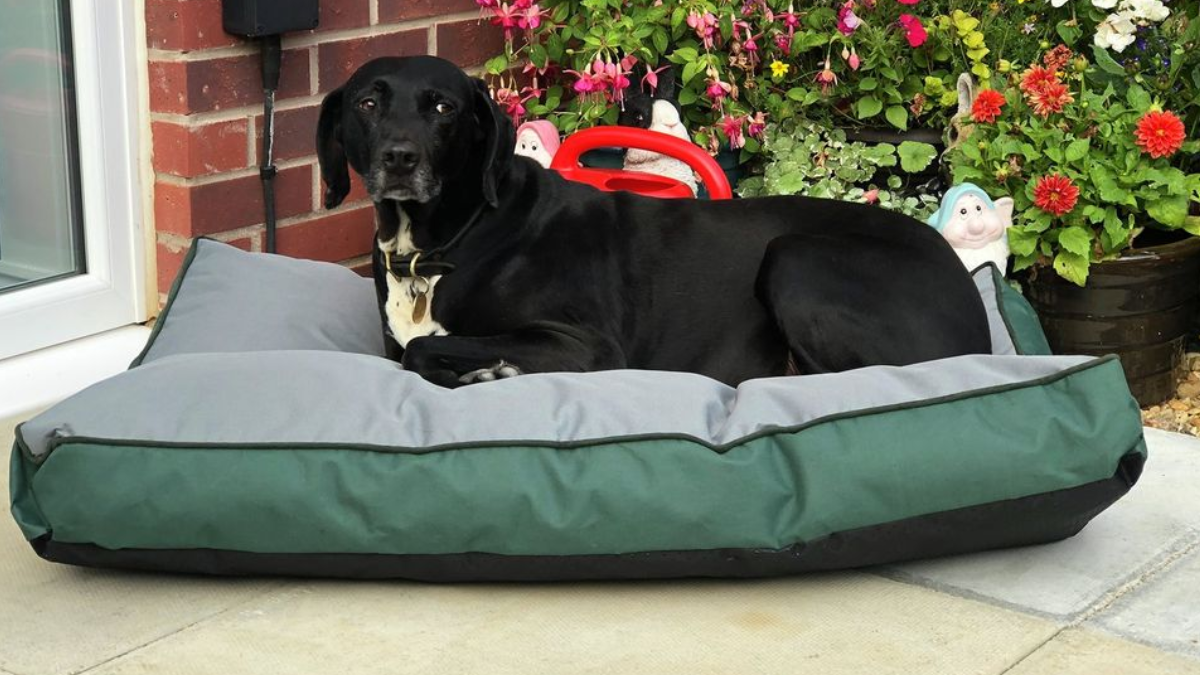
- Heatstroke: If a dog is panting excessively and showing signs of heatstroke, such as lethargy, vomiting, or diarrhea, it's important to get them to a veterinarian right away. Heatstroke can be life-threatening if not treated promptly.
- Respiratory Problems: If a dog is panting excessively and seems to be struggling to breathe, it may be a sign of a respiratory problem. This could be something as simple as an infection or as serious as lung cancer. A veterinarian can help determine the cause and provide appropriate treatment.
- Heart Problems: If a dog is panting excessively and seems to be having trouble breathing, it may be a sign of heart problems. This could be something as simple as an irregular heartbeat or as serious as heart failure. A veterinarian can help determine the cause and provide appropriate treatment.
- Anxiety or Stress: If a dog is panting excessively and seems to be anxious or stressed, it's important to consult a veterinarian. Anxiety and stress can have several causes, including separation anxiety, fear, and phobias. A veterinarian can help determine the cause and provide appropriate treatment.
It's important to remember that excessive panting can be a sign of a serious underlying condition. If a dog is panting excessively and doesn't seem to have an obvious cause, it's important to consult a veterinarian as soon as possible.
Conclusion:
In conclusion, understanding "Why Do Dogs Pant?" is essential for pet owners to ensure the well-being of their furry companions. Panting serves as a natural mechanism for dogs to regulate their body temperature, especially when they're overheated or anxious. It's crucial to recognize panting as a communication tool, indicating potential stress, excitement, or discomfort.
Moreover, excessive panting can signal underlying health issues such as respiratory problems or infections, necessitating prompt veterinary attention. By staying vigilant and responsive to changes in our dogs' panting behavior, we can provide appropriate care and support.
Creating a comfortable environment, ensuring proper hydration, and addressing any medical concerns contribute to our dogs' overall health and happiness. By understanding the reasons behind why dogs pant, we empower ourselves to be proactive caregivers, promoting a fulfilling and enriching life for our beloved pets.
Frequently Asked Questions
- What causes dogs to pant excessively when they appear to be at rest?
- Excessive panting in dogs can be caused by various factors, such as anxiety, pain, fever, or respiratory issues. If a dog is panting heavily while at rest, it may indicate an underlying medical condition and a visit to the veterinarian may be necessary.
- Is it normal for dogs to pant during the night without any apparent reason?
- It is not uncommon for dogs to pant during the night, especially in warm weather or if they are sleeping in a stuffy room. However, if a dog is panting excessively or persistently, it may indicate an underlying medical condition and a visit to the veterinarian may be necessary.
- Can dogs pant for reasons other than being overheated?
- Yes, dogs can pant for reasons other than being overheated. They may pant due to stress, anxiety, pain, or excitement. Panting can also be a sign of underlying medical conditions, such as heart or respiratory issues.
- What does it indicate when a dog pants heavily with its tongue out?
- When a dog pants heavily with its tongue out, it is typically a sign that the dog is trying to cool down. Dogs do not sweat like humans do, so panting is their way of regulating body temperature. However, if the panting is excessive or persistent, it may indicate an underlying medical condition.
- Why might a dog pant excessively while riding in a car?
- Dogs may pant excessively while riding in a car due to anxiety or motion sickness. Some dogs may also be sensitive to the temperature in the car, especially if it is too hot or stuffy. If a dog is panting heavily while in the car, it may be helpful to provide them with a comfortable and cool environment.
- At what point should I be concerned about my dog's panting?
- If a dog is panting excessively or persistently, it may indicate an underlying medical condition and a visit to the veterinarian may be necessary. Additionally, if the panting is accompanied by other symptoms, such as lethargy, loss of appetite, or difficulty breathing, it is important to seek veterinary care immediately.






